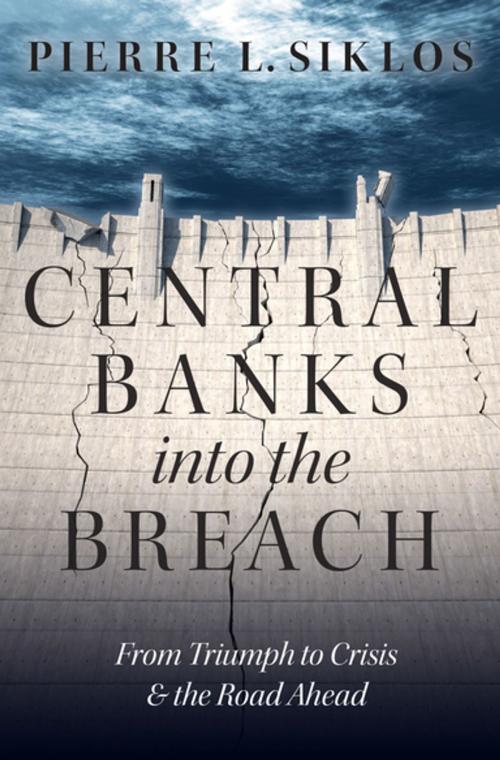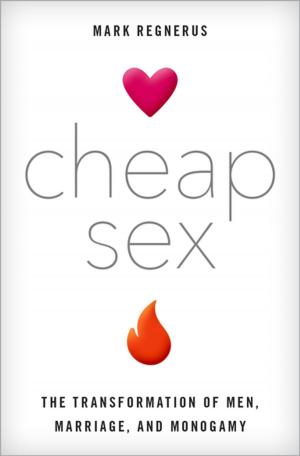Central Banks into the Breach
From Triumph to Crisis and the Road Ahead
Business & Finance, Economics, Comparative Economics, Finance & Investing, Banks & Banking, Macroeconomics| Author: | Pierre L. Siklos | ISBN: | 9780190228859 |
| Publisher: | Oxford University Press | Publication: | July 17, 2017 |
| Imprint: | Oxford University Press | Language: | English |
| Author: | Pierre L. Siklos |
| ISBN: | 9780190228859 |
| Publisher: | Oxford University Press |
| Publication: | July 17, 2017 |
| Imprint: | Oxford University Press |
| Language: | English |
Central banks play an important role in the course of national economies and the global economy. Their leaders are regularly feted or vilified, their policy pronouncements highly anticipated and routinely scrutinized. This is all the more so since the global financial crisis. The past fifteen years in monetary policy is essentially the story of two mistakes and one triumph, argues Pierre L. Siklos, a professor of economics at Wilfrid Laurier University. One mistake was that central bankers underestimated the connection between finance and the real economy. The other was a failure to realize how inter-connected the world's financial system had become. The triumph, in turn, was the recognition that price stability is a desirable objective. As a result of the financial crisis, central banks stepped into the breach to provide services other institutions were unwilling or unable to carry out. In doing so, the responsibilities for governing monetary policy and financial system stability became more elastic without due consideration for the appropriateness of the division of responsibilities. Central banks no longer influence just prices they also change financial system quantities. This leads to rising policy uncertainty. And low economic growth, an insufficiently unsubstantiated expansion of central bank responsibilities, and worries over future financial instability are sources of concern that contribute to a loss of confidence in the monetary authorities around the globe. Because no coherent new framework for central bank policy has since emerged, central banking is not broken, but it is in need of repair. Central Banks into the Breach provides an overarching analysis of the current and vulnerable state of central banks and offers potential solutions to stabilize the uncertain future of central banking.
Central banks play an important role in the course of national economies and the global economy. Their leaders are regularly feted or vilified, their policy pronouncements highly anticipated and routinely scrutinized. This is all the more so since the global financial crisis. The past fifteen years in monetary policy is essentially the story of two mistakes and one triumph, argues Pierre L. Siklos, a professor of economics at Wilfrid Laurier University. One mistake was that central bankers underestimated the connection between finance and the real economy. The other was a failure to realize how inter-connected the world's financial system had become. The triumph, in turn, was the recognition that price stability is a desirable objective. As a result of the financial crisis, central banks stepped into the breach to provide services other institutions were unwilling or unable to carry out. In doing so, the responsibilities for governing monetary policy and financial system stability became more elastic without due consideration for the appropriateness of the division of responsibilities. Central banks no longer influence just prices they also change financial system quantities. This leads to rising policy uncertainty. And low economic growth, an insufficiently unsubstantiated expansion of central bank responsibilities, and worries over future financial instability are sources of concern that contribute to a loss of confidence in the monetary authorities around the globe. Because no coherent new framework for central bank policy has since emerged, central banking is not broken, but it is in need of repair. Central Banks into the Breach provides an overarching analysis of the current and vulnerable state of central banks and offers potential solutions to stabilize the uncertain future of central banking.















